Rural women of South Sudan are boldly changing mindsets in food security
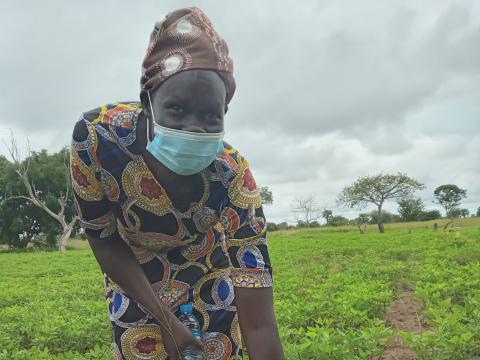
Akuck Majok Majok is a mother of five who lives in Marial Bai, a payam (an administrative division) in Wau County, located in the western part of South Sudan. It is one of the 21 counties where the Fortifying Equality and Economic Diversification for Resilience (FEED) II Project works with women to strengthen farms in their communities.
Just a few months ago, Akuck was appointed the leader of the farmers group composed mostly women. The few men in the group support her wholeheartedly. She shared that she believes she was elected because of her personality -- easy to get along with and avoids disagreements with her neighbours. She is also known for being trustworthy.
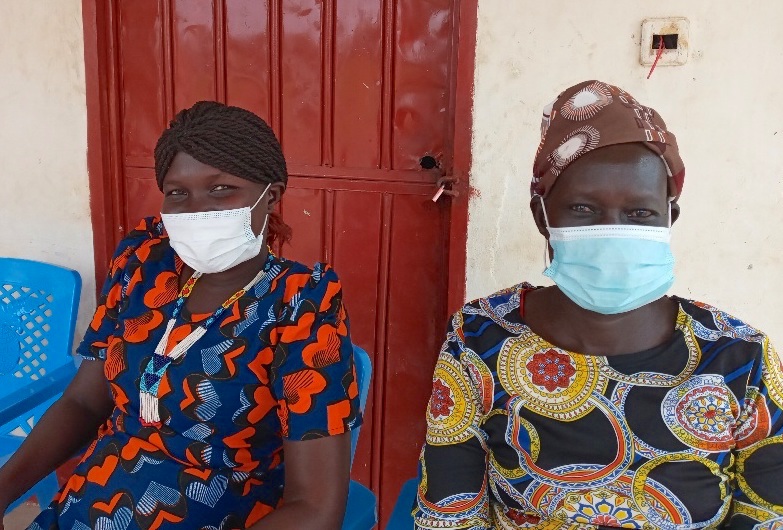
Akuck takes her new responsibility as a leader very seriously. On the day of the World Vision and War Child teams’ visit, she arrived early at the farm to make sure things were ready. The community still feels the impact of horrific violence in 2016. Many people fled their homes and have only started returning in the past year or so.
Houses have fallen and farms have been overgrown, but people have the strength and will to work hard. Sadly, when they returned, they did not have seeds and tools. The World Food Programme (WFP) provided essential rations through the Food Assistance for Assets (FFA) Program so families can rebuild.
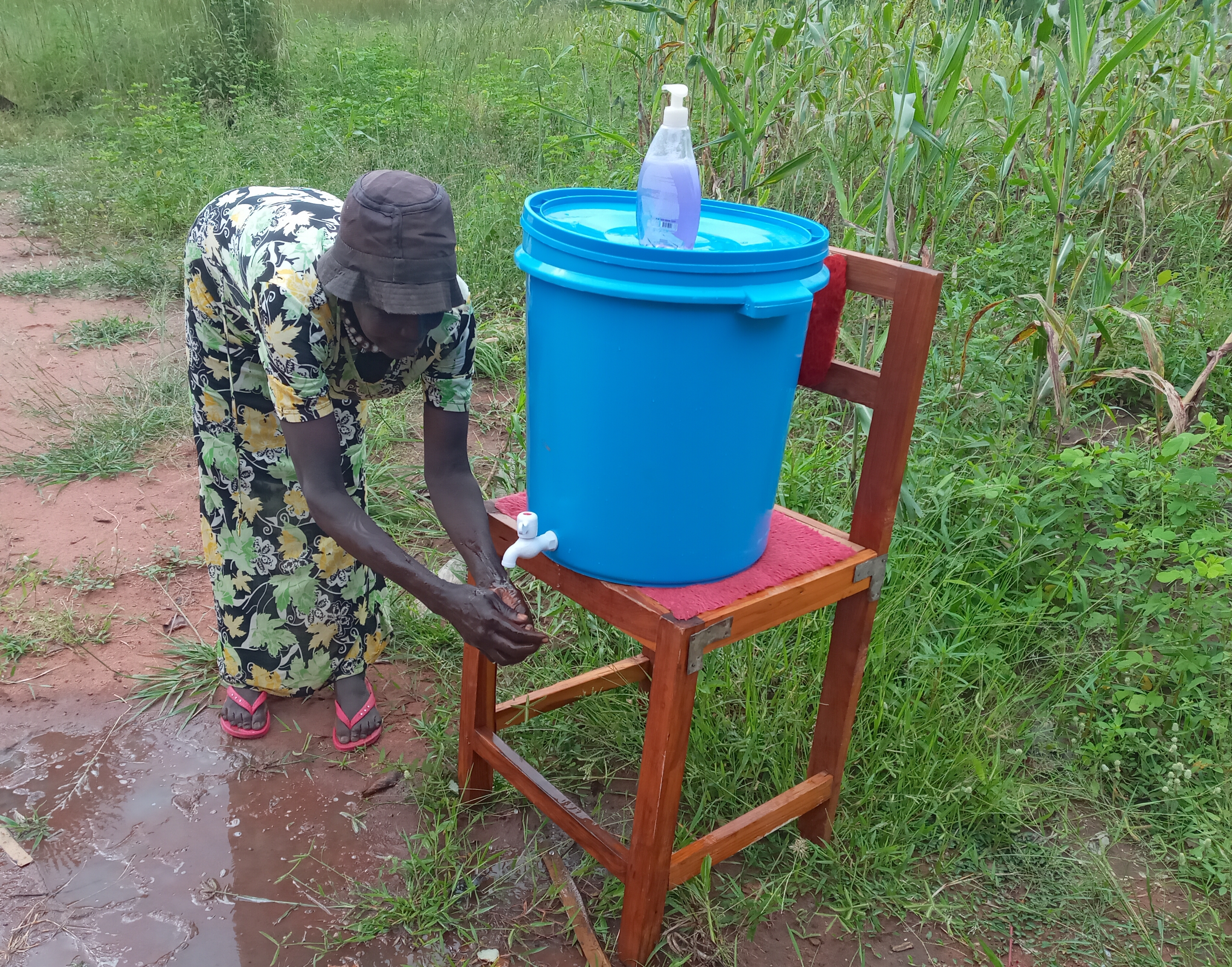
FEED II provided seeds, tools and new perspectives on how rural women can positively influence their communities as business people and leaders. Both projects work hand in hand to help women and men grow their own food successfully.
With men in leadership, there is a tendency to focus on cash crops. Women leaders like Akuck are more open to incorporating more nutritious vegetables that benefit children and the entire family. Akuc said the project is bringing community members together through its group activities.
For a community that is still recovering from devastating conflict, FEED II and FFA are stepping stones to a brighter future. They fostering cohesion and cooperation.
Women leaders like Akuck are more open to incorporating more nutritious vegetables that benefit children and the entire family.
“We shall make use these seeds until we die”, Veronica made this bold announcement at a farmers’ meeting in Aweil County. It was a significant shift in mindset that we are already starting to see even before the first harvest in the FEED II project.
Veronica is the chairperson of the group of farmers that was organized by the WFP through its FFA program. The farms were expanded to approximately 130 acres with the provision of new groundnut and sorghum seeds from FEED II. She said they are going to produce more seeds, sell some and use the remainder to keep their farm thriving.
Most groups do not have this level of confidence yet and have some concerns about how they will manage next year’s planting season. But Veronica and her group have exciting plans how to make the most of this harvest and for the seasons that will follow.
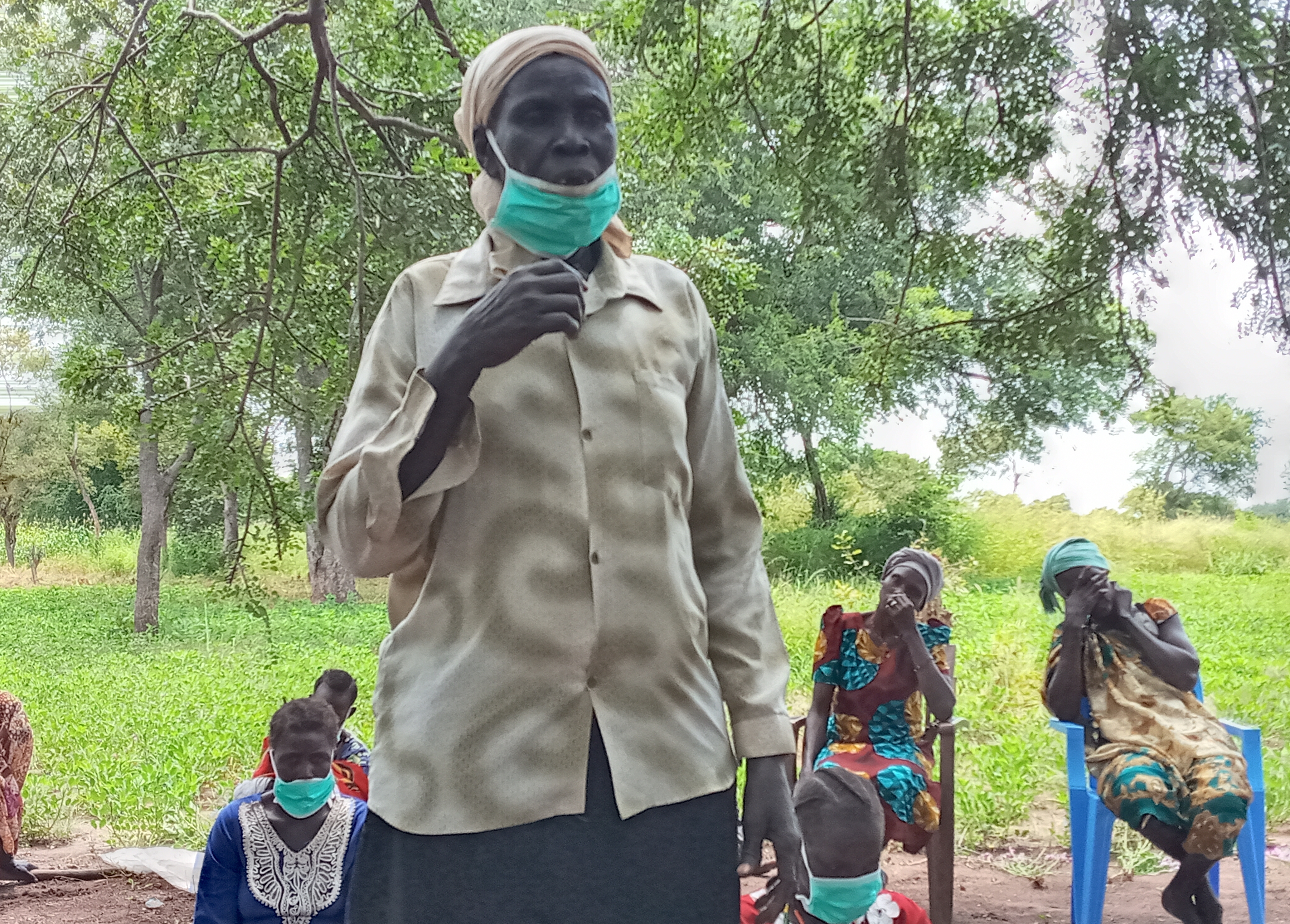
One of the 21 ladies in the group explained that they will use some of the profits from this harvest to buy a donkey which will be used to plough and open more land. This will double the size of their farm in less than two years.
After that, they have a plan to build storage facilities so they can sell their farm products only when demand is high in the market, and thus, profit is better. In five years’ time, they aim to purchase a peanut processing machine because they can get more income selling peanut paste than from raw nuts.
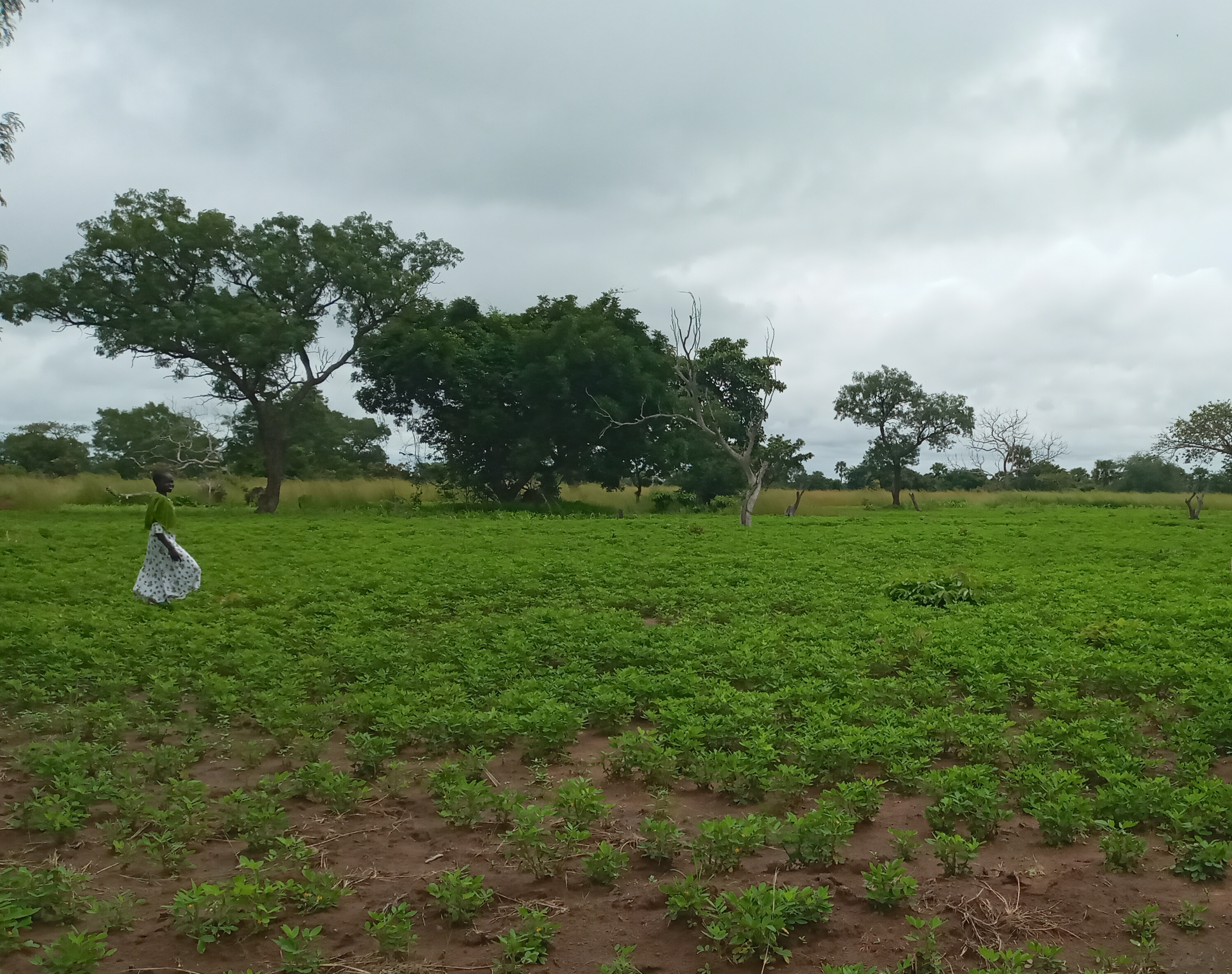
Groundnuts are good to produce and very marketable. Women use them in savory sauces and in snacks paired with their tea. They are helpful for gaining weight and provides energy and strength for workers in the farm.
Women in the village spend hours on household chores -- cleaning, collecting water and preparing meals. The processing machine will save them a lot of time, is far safer and more efficient than pounding nuts by hand. Despite few educational and economic opportunities, the women’s inspirational leadership is helping change attitudes in the communities.
-o0o-
The FEED II Project is made possible with funding from Global Affairs Canada and is implemented in partnership between World Vision, CARE Canada and War Child Canada.
Story and photos by Alana Mascoll, FEED II Chief of Party